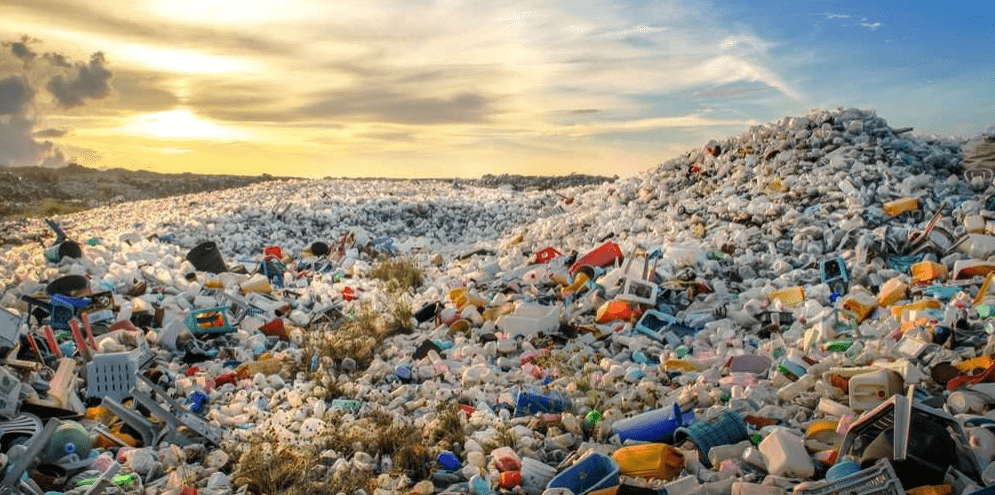The United States Department of Commerce is organizing a trade mission to Mexico in the recycling and waste management sectors.
In fact, the commercial mission is broader and is related to Environmental Technologies in Latin America.
In doing so, the mission is intended to include representatives from a variety of U.S. solid waste and recycling and water and wastewater technology manufacturers, service providers, trade associations and organizations.
The cornerstone of the Trade Mission will be the Environmental Technologies Summit in Mexico City for all participants, complemented by optional secondary visits to Ecuador (focused on the Solid Waste and Recycling subsector) and Peru (focused on the Technologies subsector). Water / Wastewater).
In addition, the trade mission will introduce participants to government service providers, end users, and potential partners whose needs and capabilities best match the strengths of each US participant.
Thus, business meetings will be designed to match delegates with a minimum of 3-5 potential business partners, distributors or importers in these markets.
Also the main leaders of the local industry will inform the mission participants about the conditions and opportunities of the local market in the different regions.
Recycling
The Ministry of Environment and Natural Resources (SEMARNAT) of Mexico is the federal entity in charge of the laws, regulations, programs and initiatives that shape the environmental sector in the country.
One of SEMARNAT’s main priorities is to promote green development in Mexico, boosting economic growth and development by promoting a more competitive, sustainable and low-carbon economy.
Thus, in May 2020, SEMARNAT published a Basic Diagnosis for Comprehensive Waste Management 2020.
This diagnosis will serve as a tool and guiding document to formulate and implement the National Program for the Prevention and Comprehensive Management of Special Handling Waste (PNPGIRME), based on the principles of waste reduction, reuse and recycling.
In addition, SEMARNAT plans to share responsibility among the different social and productive sectors, in alliance with the three levels of government (municipal, state and federal).
Mexico needs advanced technologies to accompany any government initiative, to effectively face the environmental challenges derived from the management of solid and hazardous waste, specifically for medical waste generated as a result of the Covid-19 pandemic.
Environment
According to SEMARNAT, the per capita generation of urban solid waste is estimated at 0.94 kg per inhabitant per day and the total generation in the country is estimated at 120,128 tons per day.
Regarding the classification of urban solid waste, 31.6% is recyclable, 46.2% corresponds to organic waste and 22.0% comprises other types of waste.
Of the waste generated, 100,751 tons are collected daily, which represents a national coverage of 83.9 percent.
Regarding the transfer of waste, there are approximately 26,615 collection vehicles, of which 59% have compaction systems.
On the other hand, 29% of those vehicles are pre-1995 models with at least 24 years of operation.
Local network
The transfer of waste in Mexico is carried out in 127 facilities, located in 112 municipalities.
In addition, 49.6% of these facilities are located in municipalities with a population of more than 100,000 inhabitants.
There are 173 solid waste collection centers in operation in 63 municipalities.
Today, the separation of solid waste is carried out in 144 municipalities.
Of the separated waste collected, 2,062 tons are organic waste and 3,219 tons are inorganic waste.
Finally, there are 47 waste treatment plants that perform separation or recycling, crushing, compaction, composting and biodigestion.
Mission program
Saturday October 23-Sunday October 24: Travel or arrival in Mexico City.
Sunday, October 24-Tuesday, October 26: Mexico City. Summit of environmental technologies for the management and recycling of waste, as well as water and wastewater companies, which include:
- Country report from the United States Embassy.
- Presentations by the Water and Solid Waste Authorities of Mexico.
- Business-to-business and business-to-government meetings.
- General description of environmental opportunities through the T-MEC.
- Site visits to the Institute of Water Technology and a local recycling facility.
![]()

